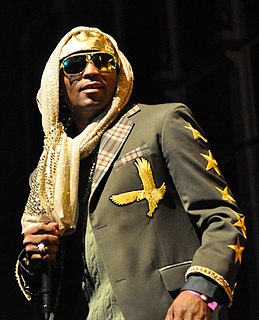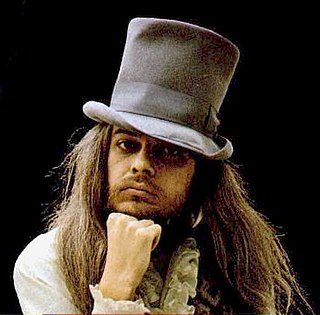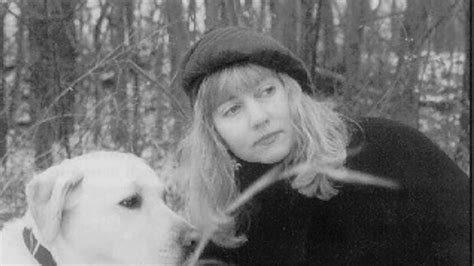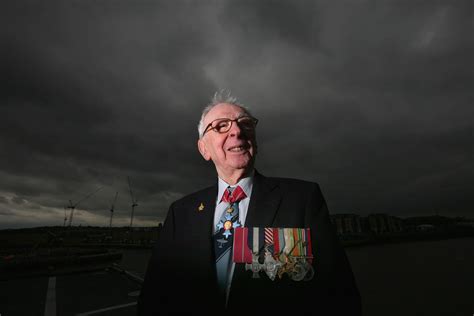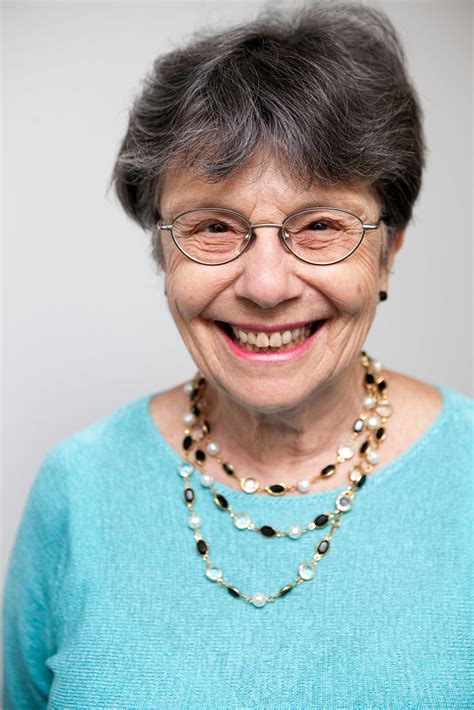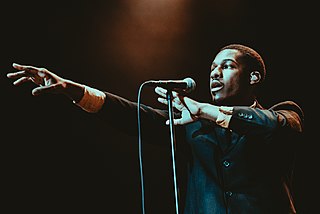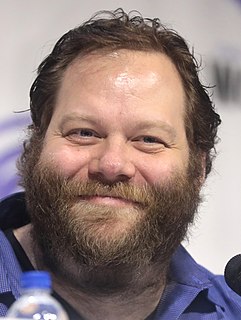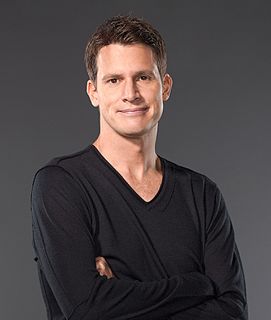A Quote by Prodigy
Take these words home and think it through;
Or the next rhyme I write might be about you.
Related Quotes
In 1967, in DeKalb v. DeSpain, a court (255 F.Supp. 655. N.D.Ill. 1966.) took a 4-line nursery rhyme used by a K-5 kindergarten class and declared the nursery rhyme unconstitutional. The court explained that although the word 'God' was not contained in this nursery rhyme, if someone were to hear the rhyme, he might think that it was talking about God - and that would be unconstitutional!
A lot of people think they can write poetry, and many do, because they can figure out how to line up the words or make certain sounds rhyme or just imitate the other poets they've read. But this boy, he's the real poet, because when he tries to put on paper what he's seen with his heart, he will believe deep down that there are no good words for it, no words can do it, and at that moment he will have begun to write poetry.
One of the few ways I can almost be certain I'll understand something is by sitting down and writing about it. Because by forcing yourself to write about it and putting it down in words, you can't avoid having your say on the subject. You might be wrong, but you have to think about it very intensely to write about it.
To me, poetry is a recreation, a renewal of language... The subtlety of what words mean and the fact that you write something and all of a sudden you'll realize that "yes, it reaches out. It meant that, too." Then all of a sudden you'll get a rhyme and the rhyme will throw up a whole new way of looking at things. It's this relationship that you never dreamed of.
I think it's good to have a balance. Everything I write about, it's not something I necessarily might have went through, there's songs where I might have an idea, sometimes it might be a melody or something that I like, I make up a story to go with that melody. But I do think it's most important to have honest songs.
Sometimes kids ask how I've been able to write so many books. The answer is simple: one word at a time. Which is another good lesson, I think. You don't have to do everything at once. You don't have to know how every story is going to end. You just have to take that next step, look for that next idea, write that next word.


